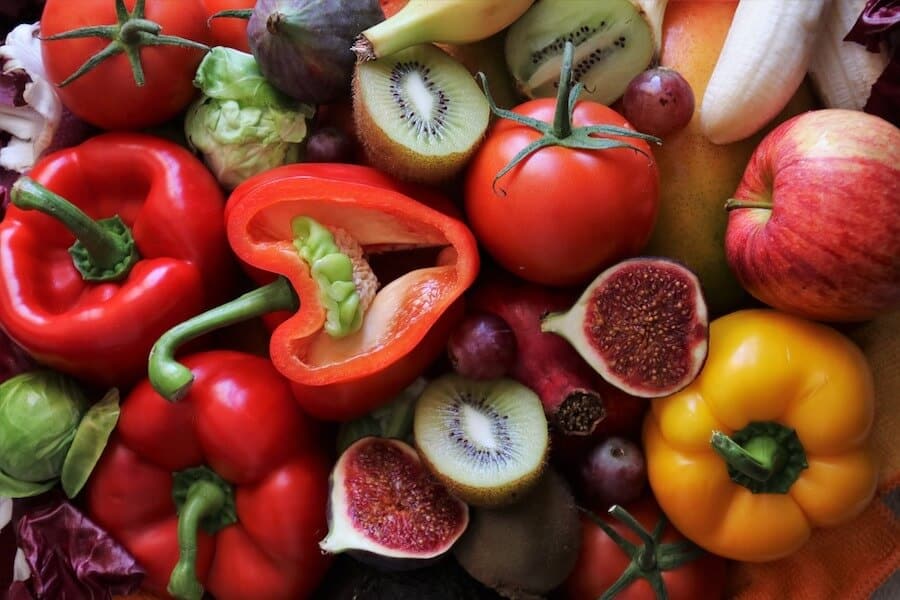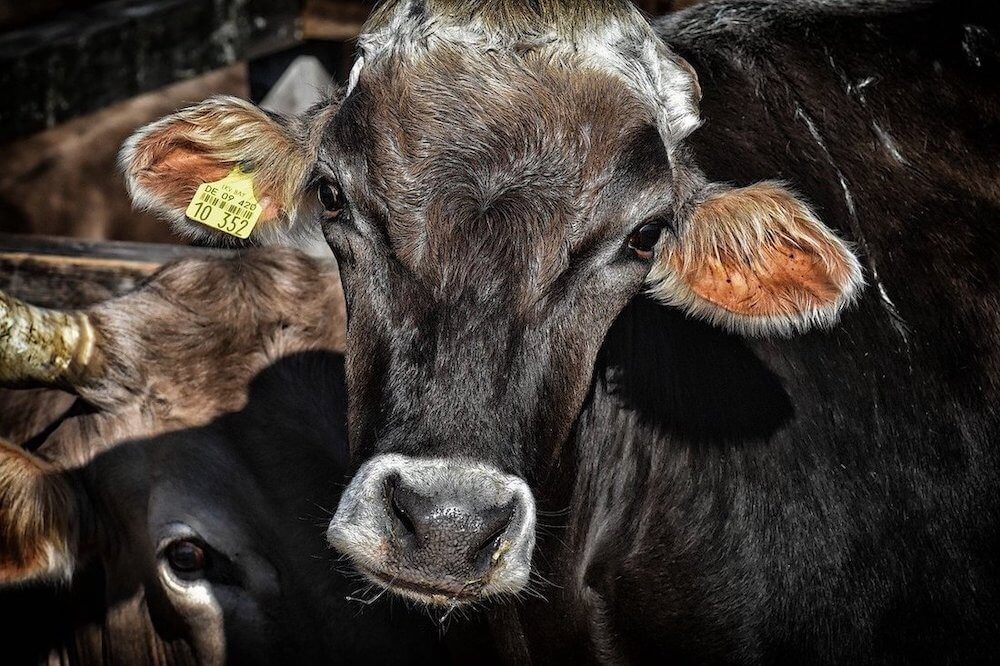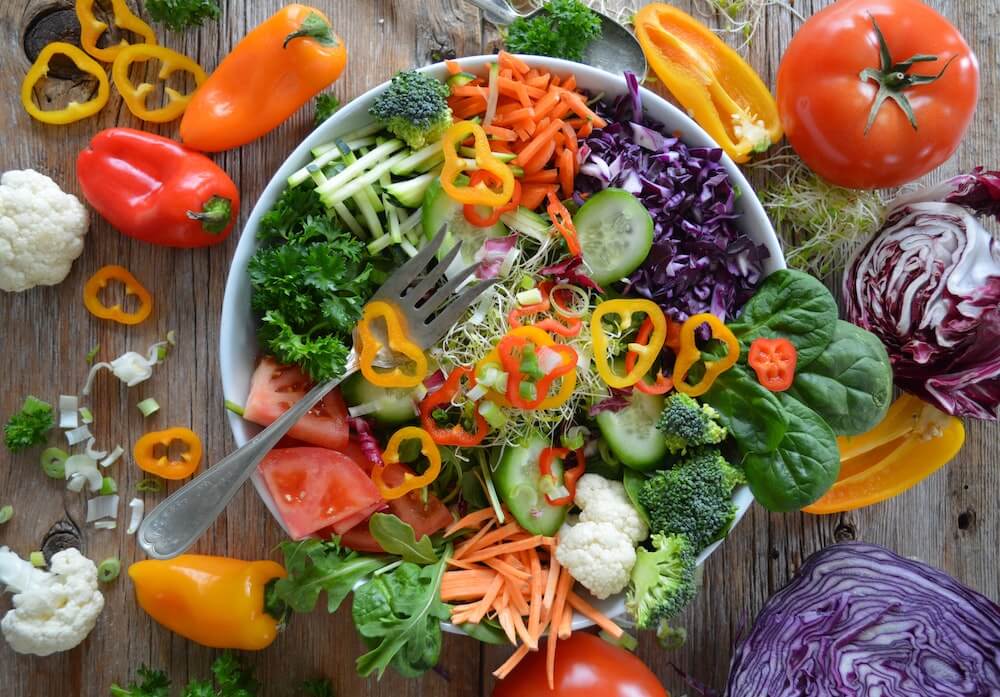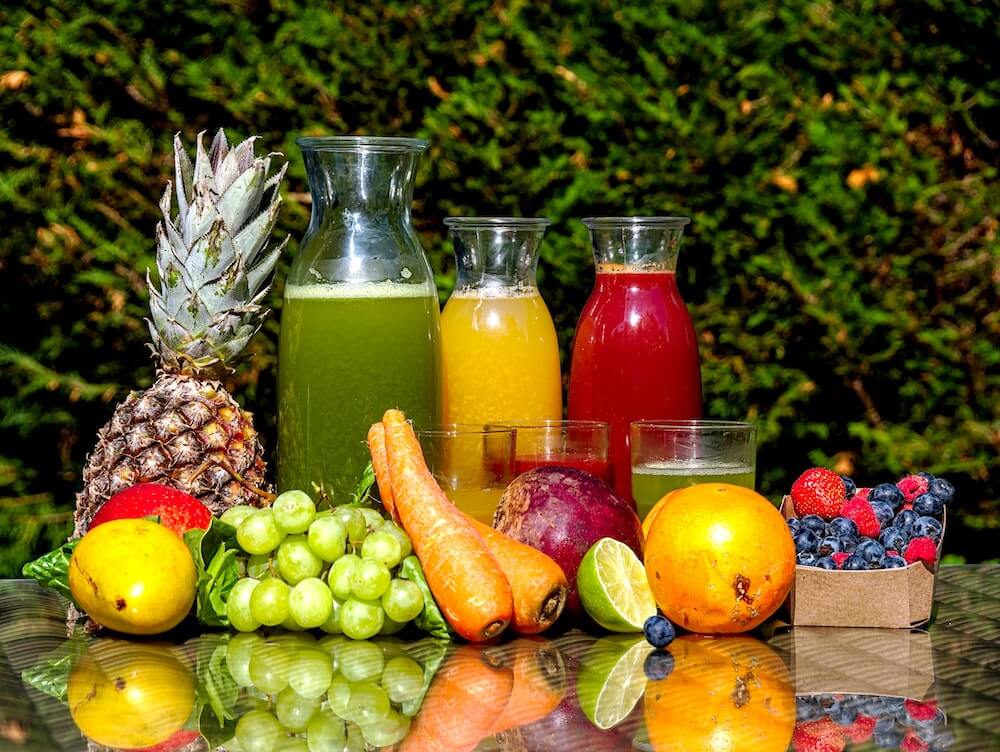Have you ever had terrible bloat, indigestion, trapped gas, stomach pains or diarrhoea? I think it’s a safe bet to say most of us have experienced digestive problems at some point in our lives.
But what about when it becomes our new normal?
That’s what happened to me. I became so accustomed to getting uncomfortably bloated after eating that I just thought it was ‘me’.
Luckily for me, I had other issues which prompted me to (eventually) go and get a blood test and it’s because of the results of that first blood test that I decided to put myself on an anti-inflammatory elimination diet.
In this post, I’m going to share with you what that means as a whole food plant-based vegan.
Why Do An Anti-Inflammatory Elimination Diet?
An anti-inflammatory diet removes the most common triggers for inflammation from food intolerances.
There are other foods which could cause issues too of course, so if you were to do this diet and not feel any relief, you would need to go on to the next level of investigation.
But for most people, their intolerances and resulting inflammation will come from one of the foods that we eliminate in this diet.
By giving the body 8 weeks without the trigger we not only allow the necessary time to heal but also give ourselves the means to discover our own personal triggers.
Another reason for me to consider an anti-inflammatory elimination diet was because I wanted to create a health protocol as part of my approach, not only to my diagnosis of hypothyroidism but also because I have tinnitus.
And what better place to overcome tinnitus than by creating overall better health?
What to Do After the 8 Weeks?
After the 8 weeks is up, we gradually introduce each food individually and with several days between introductions.
So, imagine we’re going to reintroduce soy to our diet. We will eat a tiny amount on day one and watch our body for any possible adverse reactions. If there are none, we eat a bit more quantity on day two and so on.
It’s important to wait at least 4 days between foods because reactions can sometimes be delayed.
Which Foods Are Eliminated On an Elimination Diet?
If you aren’t already vegan and gluten-free, there will be more things to eliminate, such as gluten and dairy for example.
As a vegan, the foods I eliminated are on top of what most people would call a restrictive diet. Here are the foods which I cut from my diet for a total period of 10 weeks. The standard time for this diet is 8 weeks, but I continued for a bit longer.
- gluten
- all grains & pseudo grains (oats, wheat, barley, quinoa, rice etc)
- all beans (black beans, lima beans, pinto beans, baked beans etc)
- chickpeas (+ hummus)
- nuts (brazil nuts, walnuts, cashews, almonds, peanuts, cashew sauce, peanut butter etc)
- seeds (chia, flax, sesame, tahini etc)
- nightshade family (potatoes, tomatoes, aubergine, peppers – including chilli powder and curry blends etc)
- soy (tofu, soy sauce, tamari, tempeh etc)
- chocolate
- all soft drinks except tea
- alcohol
- coffee and caffeine
What Can You Eat?
- allergen-free, no additives protein powder
- greens – spinach, kale, leeks, broccoli, lettuce, celery, courgette
- non-nightshade vegetables – mushrooms, cauliflower, sweet potato
- avocado
- fruit – kaki, apple, banana, kiwi etc
- non-sweetened organic coconut yoghurt
- olive oil, organic apple cider vinegar
What Are Your Typical Meals in a Day?
Breakfast: fruit with coconut yoghurt and protein powder
Lunch: salad with protein powder and spinach with fried mushrooms
Dinner: sweet potato and broccoli with protein powder
Watch the Video About An Anti-Inflammatory Elimination Diet as a Vegan
How Do You Feel Since You’ve Been on the Elimination Diet?
In the first month, I still had digestive issues and I didn’t particularly notice any change from being on the diet. I had almost daily issues at first but in the second month, things began to improve and I now have no bloat after eating, no gas and no diarrhoea.
I feel better in myself because I’m no longer bloated and I’ve lost some body fat too, so I feel overall lighter and more energetic.
How Do You Cope With Being So Restricted?
The truth of the matter is that anything difficult can be made more difficult or less difficult by the way we think about it.
Our thought patterns dictate how we feel. So if we think it’s really difficult not to eat what we love every day, then it’s going to be a struggle.
If, on the other hand, we program ourselves to think that this is an exciting journey and just temporary, then we won’t struggle anywhere near as much, if at all.
The process of this kind of switching out our subconscious thoughts can be learned through practising intentional thinking.
Final Thoughts on The Anti-Inflammatory Elimination Diet
I’m so grateful that I found this diet. For the first time in over ten years, I’m approaching what I consider to be my correct weight.
Not only have I lost body fat, but I’m feeling fitter and all-round healthier.
I guess that it sounds restrictive to most people, but I have to be honest and say that I haven’t struggled at all.
Some of the credit for that ease of mind is due to the techniques for getting breakthroughs which I applied before starting out on my health journey.
Having less variety doesn’t make the food taste any less delicious. I have less meal preparation to do, less shopping, and no decisions to make about what to eat each day.
If you have any trouble with eating, I highly recommend this process and if you have any doubts, feel free to get in touch.
I hope you enjoyed this post!








